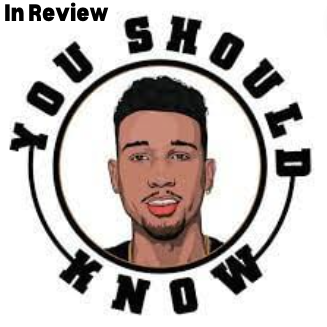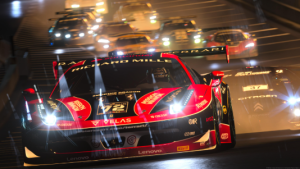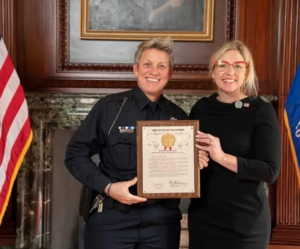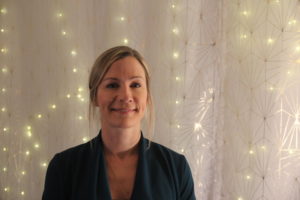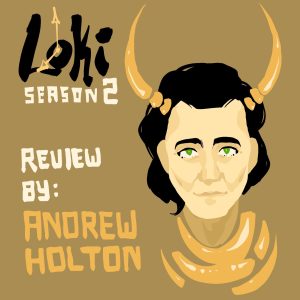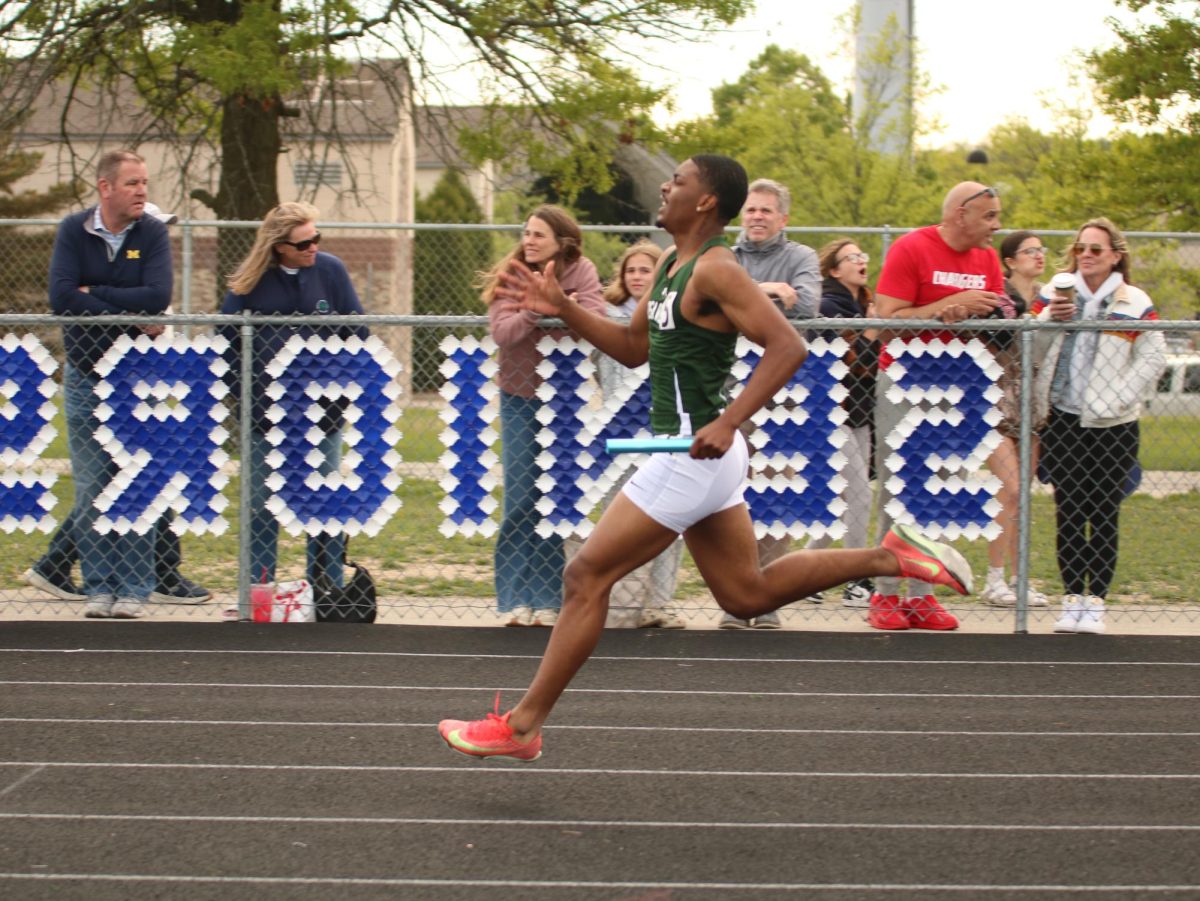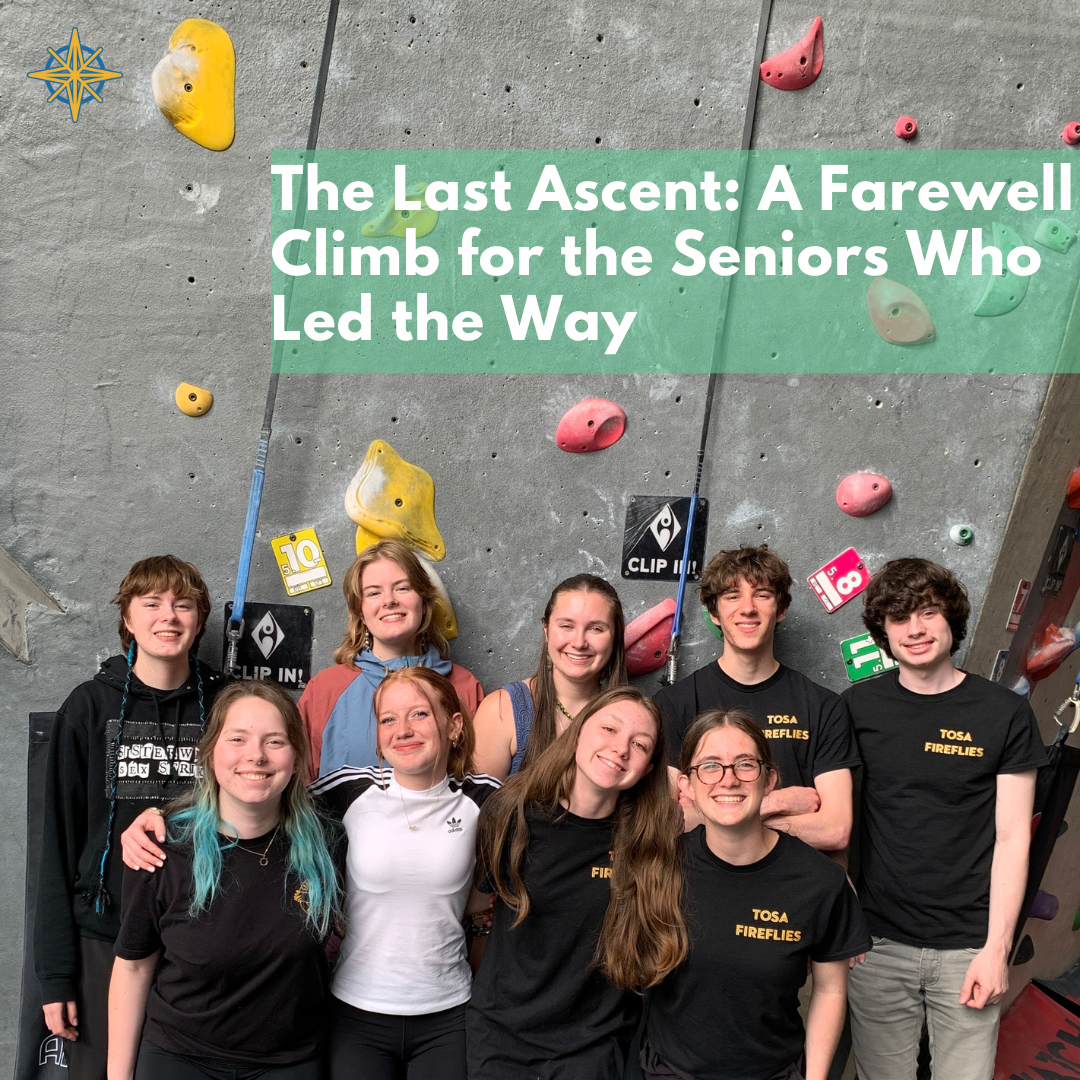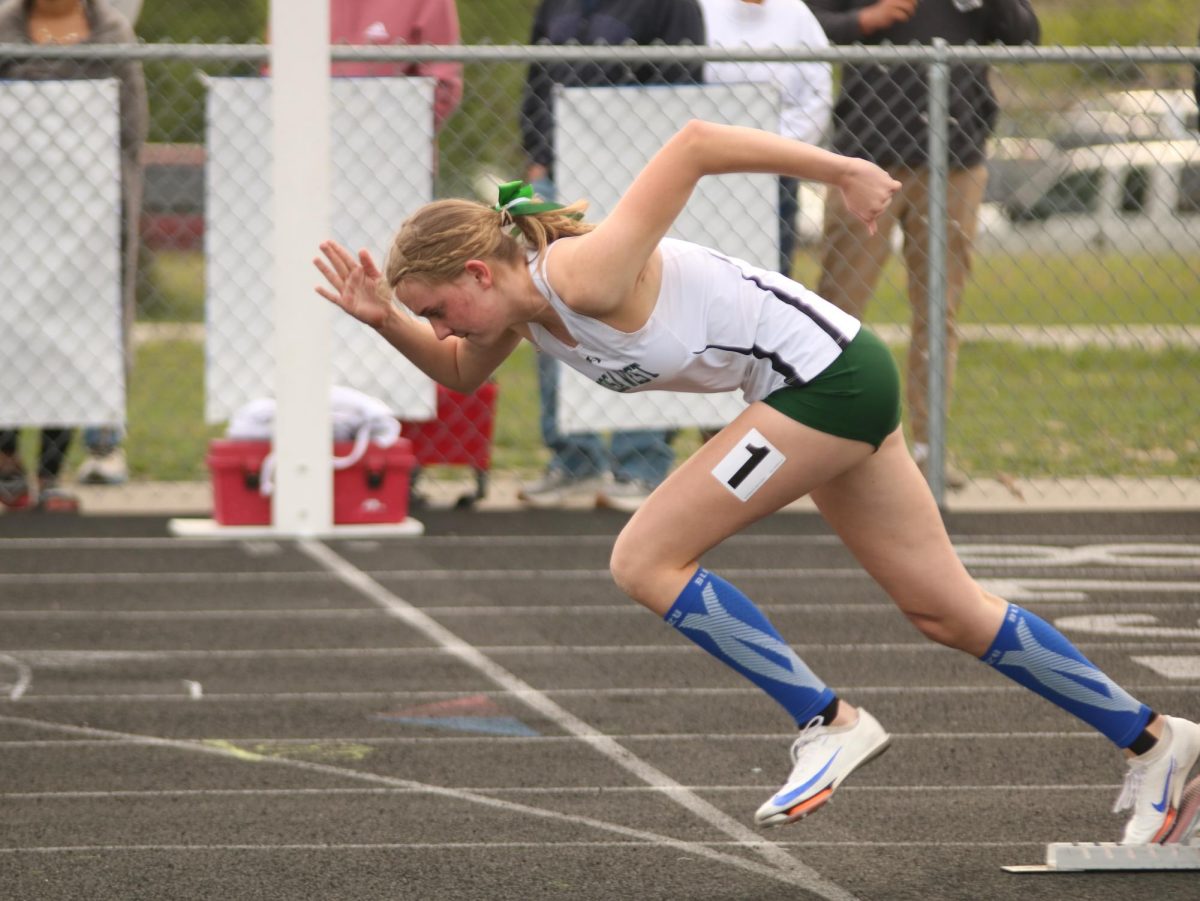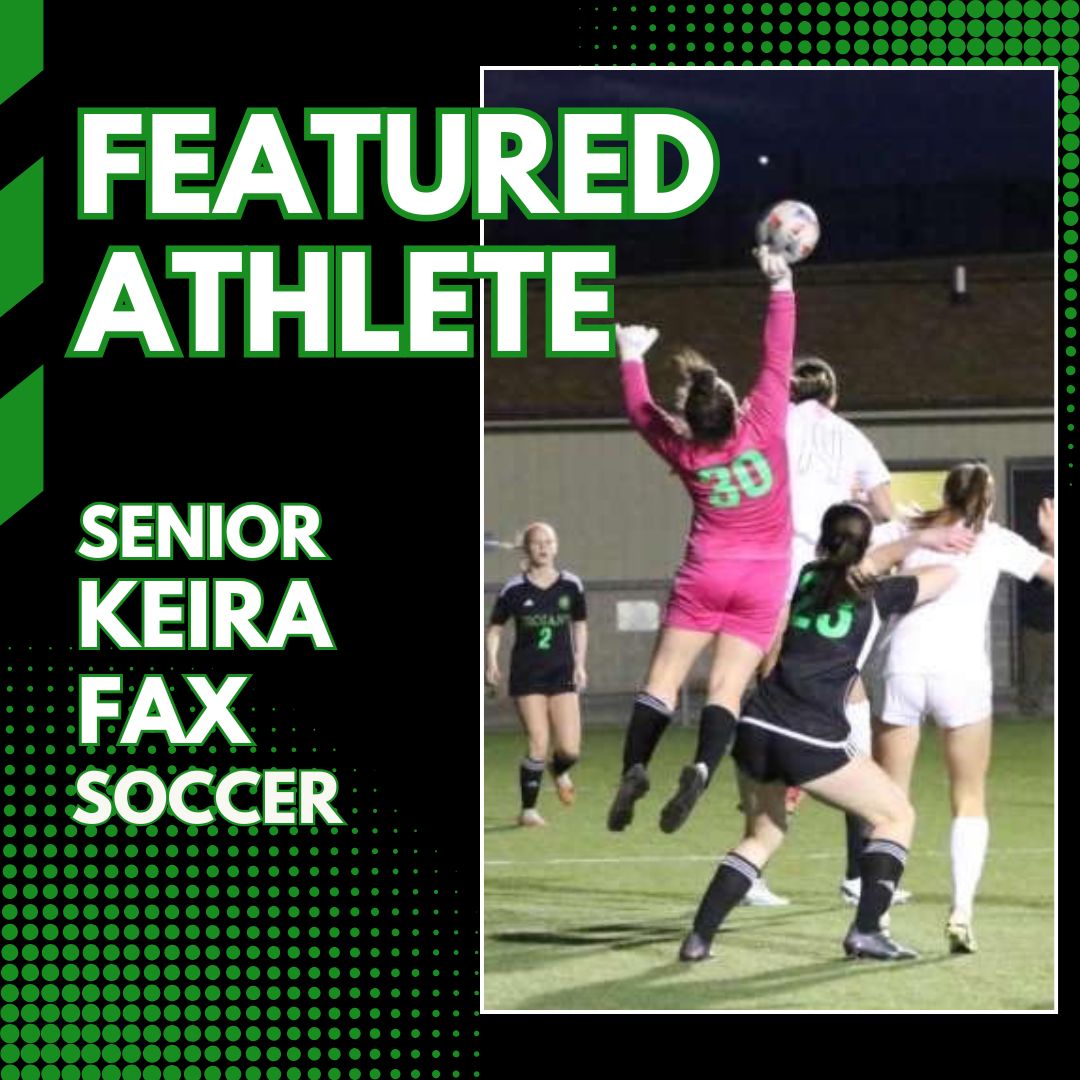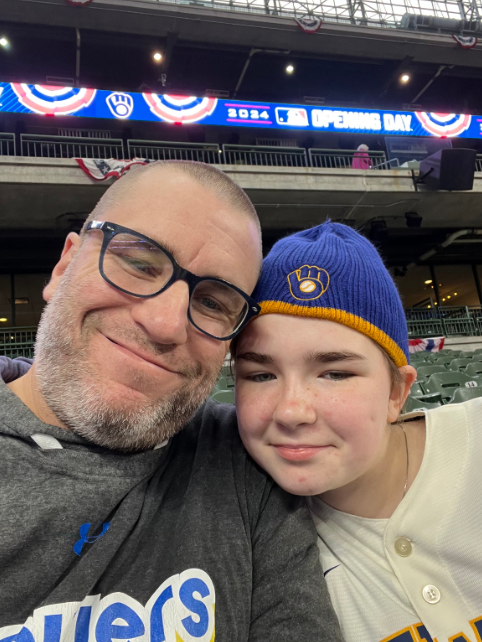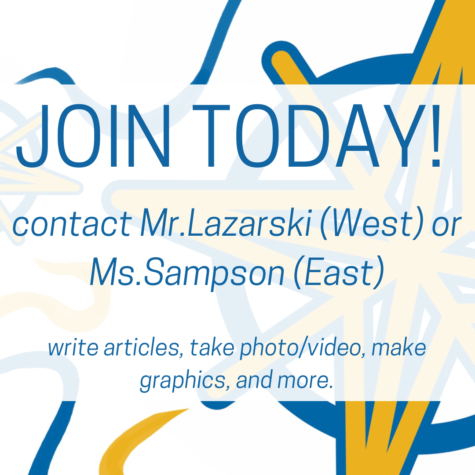Behind The Desk: Miss Tess
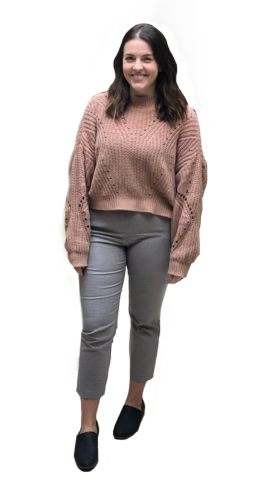
November 7, 2022
What led you into education?
I actually didn’t want to be a teacher for a long time because my mom was a teacher. And growing up, somebody had told me like, Oh, your mom’s a teacher. That means you’re going to be a teacher someday. And I was just defiant and was like, “No, it doesn’t. Yeah, not anymore. Never going to do that.” And so I wasn’t planning on it. But then through my natural resources jobs, I worked for Milwaukee County Parks prior to Schlitz. And they started having me do field trip programs and training some of the new employees and doing some education. And I started to really love it through that. So I just kept moving towards it.
Have you always been interested in science?
Yes. I was always interested in science. I remember, in eighth grade, we took this test at the end of eighth grade to decide what track you were going to do in high school science, if you’re going to be advanced or not. And I was one point away from being the advanced track. And I went to my teacher and I asked, like, specifically, “can I?” You know, “I was one point away, can I please?” And he was like,” it’s gonna be tough, but I think you can handle it.” And he let me do it. And now, I’m teaching science. So I’m glad.
What was your experience in school? How is it different than it is now?
Well, I mean, I was in high school, like over 10 years ago. And college was, you know, shortly after that. So it is a lot different. We didn’t have cell phones, like, I’m sure you hear that from a lot of teachers. We didn’t have that, you know, same experience. I mean, we had cell phones, but they were not the same. I guess, technology, the focus on technology is like so much more now. Which is great, because I think it engages a lot of kids. There’s this kind of shift in education. Whereas like, from when I was in school, it was just, you sit in a room, and you watch the teacher and listen to what they’re saying, and write it down. And now, it’s a lot more like student focus, like the kids get to kind of lead in their own education. And I love that. And that’s kind of like the way that I try to teach as well.
What is your favorite part of your job?
My favorite part is getting to know my students and having the same kids every day that I can get to know really well. At my last job, I was teaching but I didn’t have that part of it. I saw new students every day. So my favorite part is just getting to know the kids.
What do you do in your free time?
I have a lot of hobbies. But I don’t have time for many of them anymore. I love music. I used to go to a dance class every week. So I still try to do that as much as I can. And I like art a lot. I try to incorporate art into my classroom. I do a lot of watercolor and photography. I work out as much as I can. That’s probably the one hobby I actually do.
Where did you work prior to West?
Well, before this, I was working at Schlitz Audubon Nature Center. And I was teaching there doing field trip programs. And I’ve worked in environmental resources, natural resources for the last like seven or eight years since college.
So is teaching your dream job, or would you do something else?
I think this is my dream job. I’m really, really excited, really happy. I’m just glad to be here after however many years of being in education.
Do you wish you were taught something in school that you weren’t that you’re gonna teach to your students?
I think growing up, and through my schooling, I just had this feeling that everything is figured out. You just listen to the people who know. And they tell you what’s going on. But that’s not really the case, right? We still have a lot to learn, you know, we’re not right about everything. And scientists aren’t always right. And that’s the point of science. It’s constantly changing. It’s constantly growing. And I think those critical thinking skills were not a huge part of my education. And so, I want to work that into my classes and teach my kids that you don’t always want to take everything at face value, especially with everything you read on the internet, everything you see, that’s not always the case.
What do you want people to take away from your class?
Well, for astronomy, I think, the way of thinking is so different from the way we think on a day to day basis. So I think what I’d really want to do is just inspire my students to want to know more. You’re not gonna walk out of this class, you’re not gonna walk out of a college class with all of the understanding that you’ll ever need. But what I hope is that my students leave with interest and an awe for the universe and a desire for always wanting to know.
What do you think is the most rewarding thing about learning something in science?
There’s so many. There’s so much. I think that there’s just something really valuable about understanding the world you live in. Empowering in that, I think the more you know about the world around you is like a confidence booster. Just by understanding the natural world can really help you understand more that you can take even further. Applying it to your everyday life.



